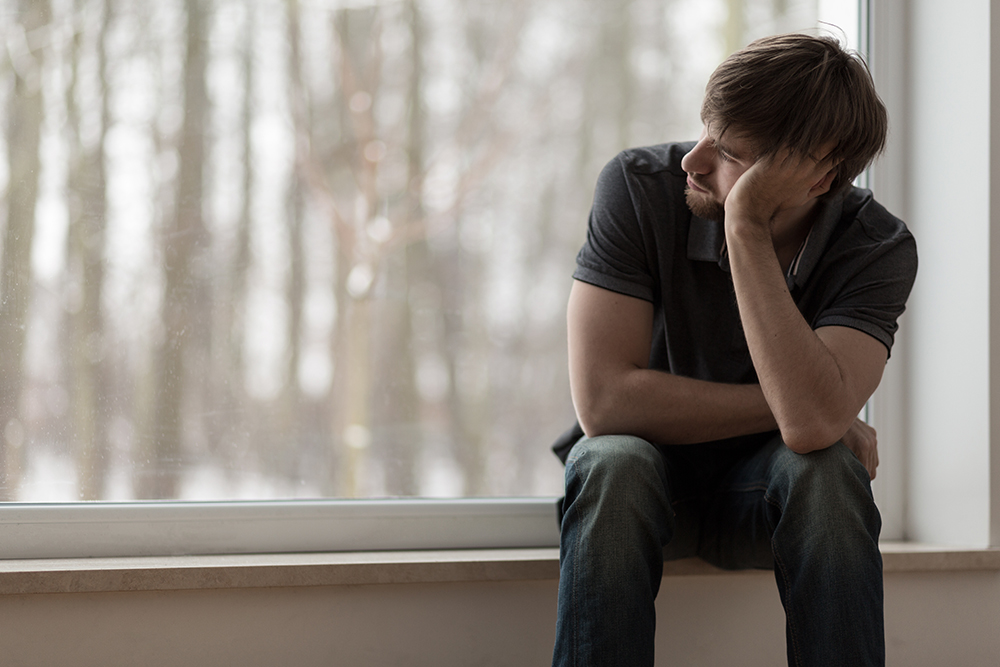Sept. 10 marks World Suicide Prevention Day, a vital initiative aimed at shedding light on the global suicide epidemic and advocating for actionable preventive measures. In the U.S., there’s an urgent need to address this issue. With the rising rates of suicide and the underlying challenges facing many, such as adoption-related struggles, it is paramount to understand the complexities and seek effective solutions.
The Unspoken Crisis Among American Men
The suicide statistics for American men are alarming and heartbreaking.
- According to 2021 statistics from the Centers for Disease Control and Prevention, men die by suicide nearly four times more often than women. Men also account for almost 70% of all suicides in the United States.
- While suicidality touches every demographic, the highest suicide rate is among middle-aged white men.
- Many experts believe the actual number of suicides is higher than reported, with countless instances misclassified due to the stigma associated with the act.
Given these grave numbers, it is crucial to explore some of the root causes, one of which might be adoption-related issues.
The Adoption Connection: A Deep-Seated Struggle for Many Young Men
While adoption is a blessing for many families, it can also come with a myriad of emotional challenges for adoptees – particularly during the formative adolescent and young adult years. For young men who are already grappling with societal expectations and their changing identity, adoption-related mental health issues can compound feelings of isolation, confusion and despair. Here are some of the ways adoption might intersect with suicidal ideation.
- Identity crisis: Many adoptees struggle with feelings of abandonment or thoughts of not fitting in, which can be especially difficult in early adulthood.
- Suppressed emotions: Often, adoptees feel real or perceived pressure to be grateful for their “new lives.” As a result, you may ignore negative feelings, causing internal turmoil.
- Rejection sensitivity: An insecure attachment style can make adoptees particularly susceptible to future rejections, intensifying feelings of loneliness or despair.
- Lack of genetic medical history: Not having access to a full medical history can contribute to feelings of disconnection and uncertainty, particularly if mental health issues arise.
- Search and reunion stress: The journey to find and potentially reunite with biological parents can be fraught with emotional challenges, sometimes exacerbating feelings of abandonment or rejection.
Specialized Care for Adoptees at PACE Recovery
PACE Recovery has successfully treated many adoptees, which led us to create specialized programming that caters to their unique circumstances, needs and concerns. We recognize the multifaceted cultural and societal challenges facing young men today. Our holistic approach addresses the root causes of mental health disorders, providing a safe, gender-specific space where you can explore, understand and heal from your experiences.
On World Suicide Prevention Day 2023, we should all remember the importance of understanding, compassion and proactive, lifesaving intervention. If you are struggling, don’t lose hope – a brighter tomorrow is always possible. Reach out to us at PACE Recovery to request help today.



